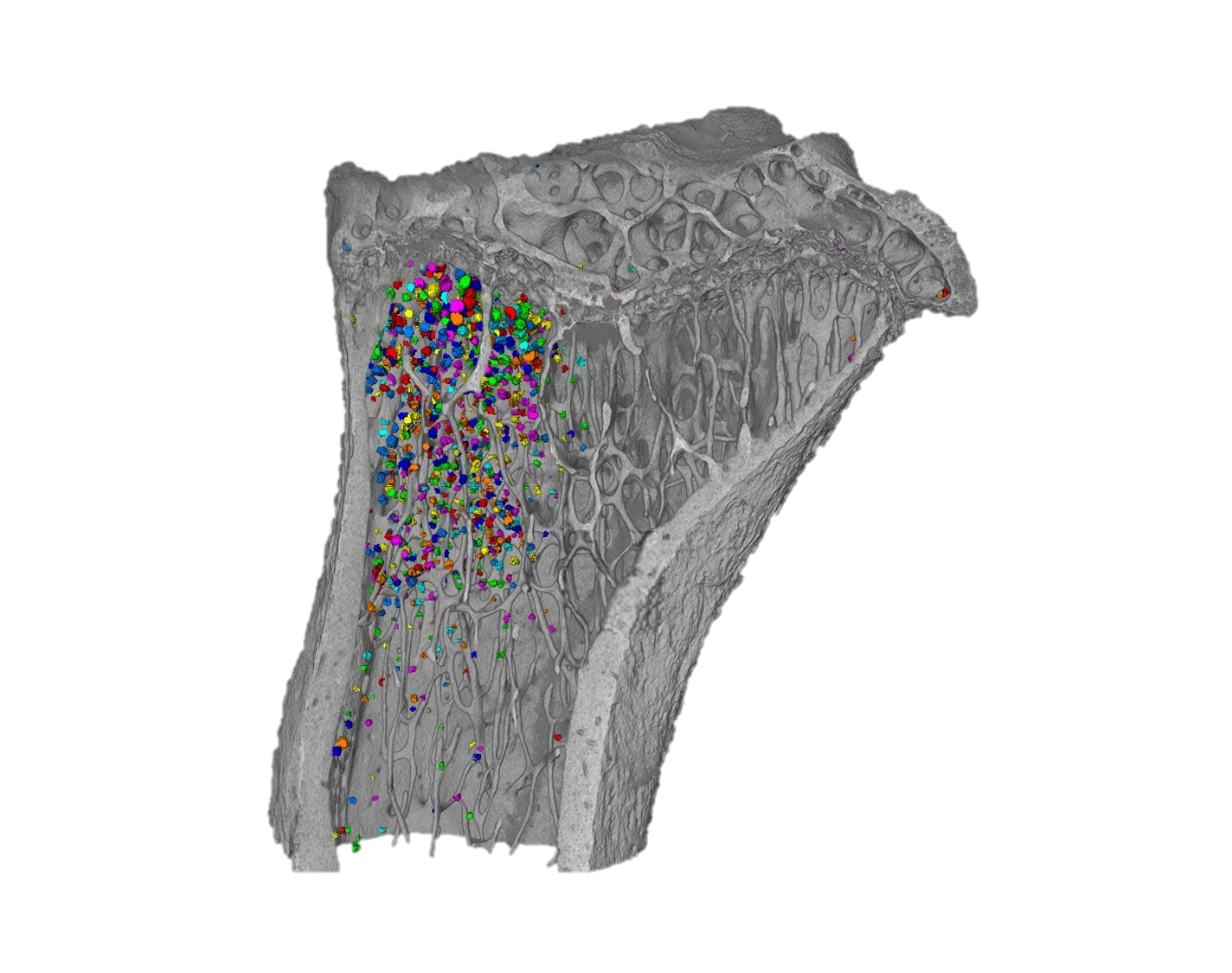
Researchers from the Institute of Physiology of the Czech Academy of Sciences (CAS), the Institute of Organic Chemistry and Biochemistry of CAS, and the National Institute for Metabolic and Cardiovascular Disease Research CarDia have introduced a promising new compound, MSDC-0602K, which could mark a major step forward in the treatment of type 2 diabetes. Unlike older drugs, it improves the body’s sensitivity to insulin without damaging bone tissue – in fact, it supports the formation of new bone cells.
Previous generations of antidiabetic drugs (known as thiazolidinediones) helped lower blood sugar but often weakened bones and increased the risk of fractures. The new compound activates alternative metabolic pathways that guide stem cells in bone marrow to develop into osteoblasts (bone-forming cells) rather than adipocytes (fat cells).
“Our findings suggest that MSDC-0602K could offer a more targeted and safer treatment for diabetes, especially for patients at risk of bone loss,” said lead author Ondřej Kuda.
The study, published in the journal Metabolism, opens the door to a new generation of antidiabetic drugs with fewer side effects.